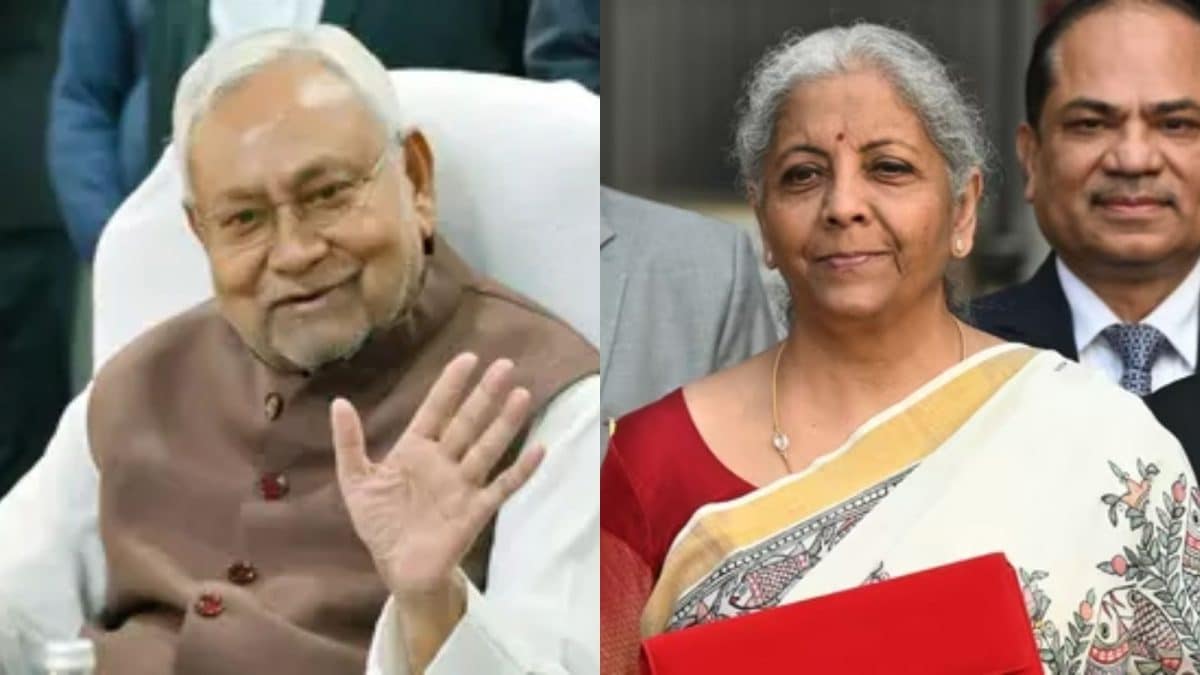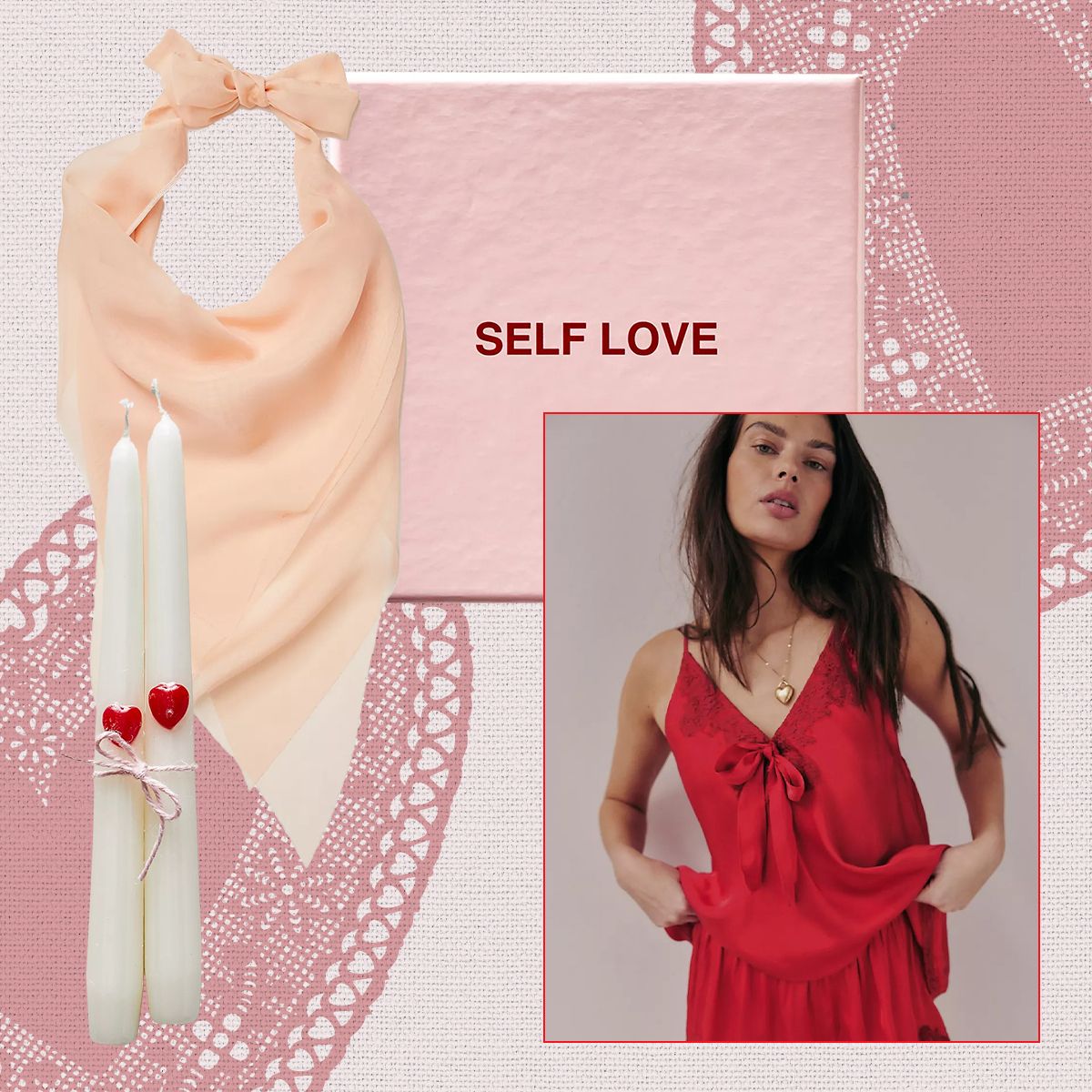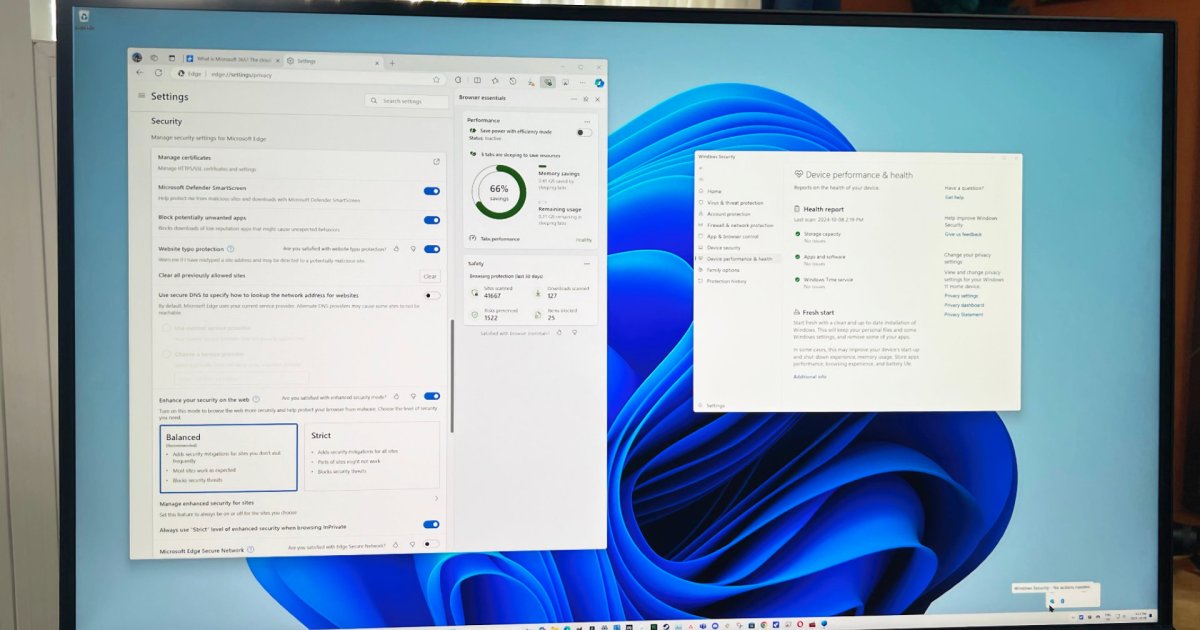In a Friday “press conference” where he took no questions from the media, Republican presidential nominee Donald Trump said that he couldn’t have possibly sexually assaulted Jessica Leeds over four decades ago because “she would not have been the chosen one.”
In 2016, Leeds told the New York Times that Trump grabbed her breasts and stuck his hand up her skirt while they were seated next to each other on a flight in the 1970s.
On Friday, Trump went on a winding diatribe against Leeds, claiming that her allegations were unfounded and she was motivated by politics. Trump repeated several times that he was famous back then before he took a brief pause, appearing to weigh his next words.
“Frankly, I know you’re going to say it’s a terrible thing to say,” Trump began. “But, it couldn’t have happened, it didn’t happen, and she would not have been the chosen one. She would not have been the chosen one,” he continued. Eight years ago, after Leeds came forward, Trump also attacked her appearance, saying, “Believe me, she would not be my first choice.”
Trump was addressing a crowd at Trump Tower in New York City following arguments in his latest legal case involving writer E. Jean Carroll—who has testified that Trump raped her in a department store dressing room in 1996 and defamed her since by denying the accusations. Courts have sided with Carroll several times in the past couple of years, ruling that the former president must pay his accuser almost 90 million dollars.
Ahead of Friday’s trial, Carroll posted on X, “I AM READY!!!!”
This time around, Trump’s legal team is appealing one of the rulings, from last year, which found him liable of the sexual abuse and defamation of Carroll. (The court didn’t say Trump raped Carroll because at the time New York law required vaginal penetration by a penis, not fingers, for a rape conviction—that law has since changed.)
During the original trial that Trump is appealing, Leeds and another accuser, Natasha Stoynoff—who says Trump pushed her up against a wall and forcibly kissed her at his Mar-a-Lago property when she was on assignment for People magazine in December 2005—testified against the former president, hoping to establish a pattern of behavior.
Trump’s lawyers were trying to convince the federal appeals court that he deserves a new trial, with attorney John Sauer arguing that it was a “quintessential he-said-she-said case” and was motivated by politics. The court is unlikely to release a verdict before the November election.
On the same day that his team was appealing in the Carroll case in New York, Trump got news about one of his other ongoing legal battles. Judge Juan Merchan, who oversaw Trump’s criminal case in Manhattan—the one where he was convicted of 34 felony charges for covering up hush money payments made to adult film star Stormy Daniels during his 2016 bid for office—announced that Trump’s sentencing date would be postponed until November 26, after the presidential election.
This latest case surrounding the former president’s alleged sexual misconduct comes as voting day creeps closer and closer—an election that is poised to produce the largest gender divide in history, according to some polling and expert analysis.
A CBS News/YouGov survey from August found that much of the divide among voters this year has to do with gender. Women were more likely to see Vice President Kamala Harris as someone who “fights for people like you,” while only 29% of men said that she would fight “a lot” for people like them. Over 40% of men said they believed Donald Trump would go to bat for them.







